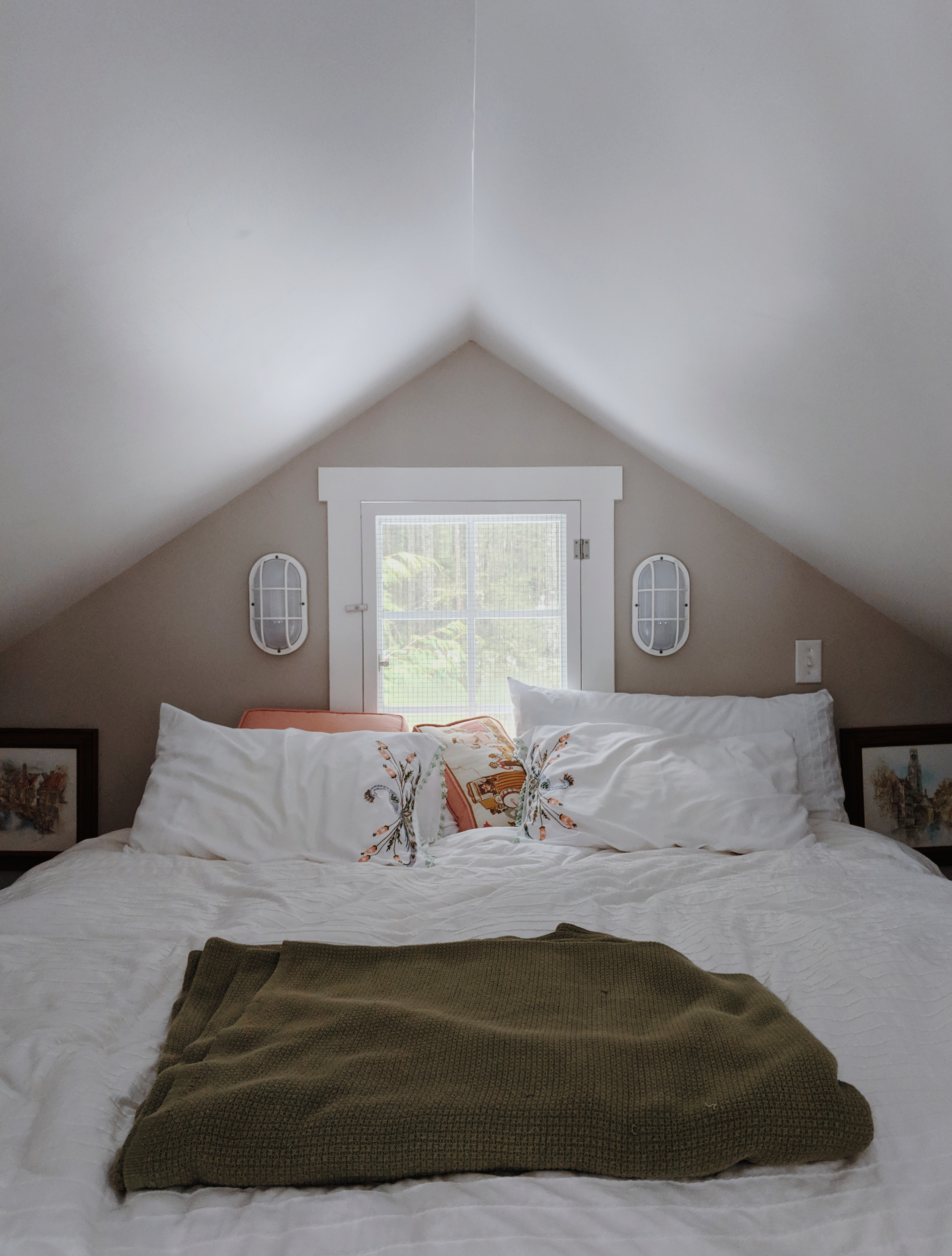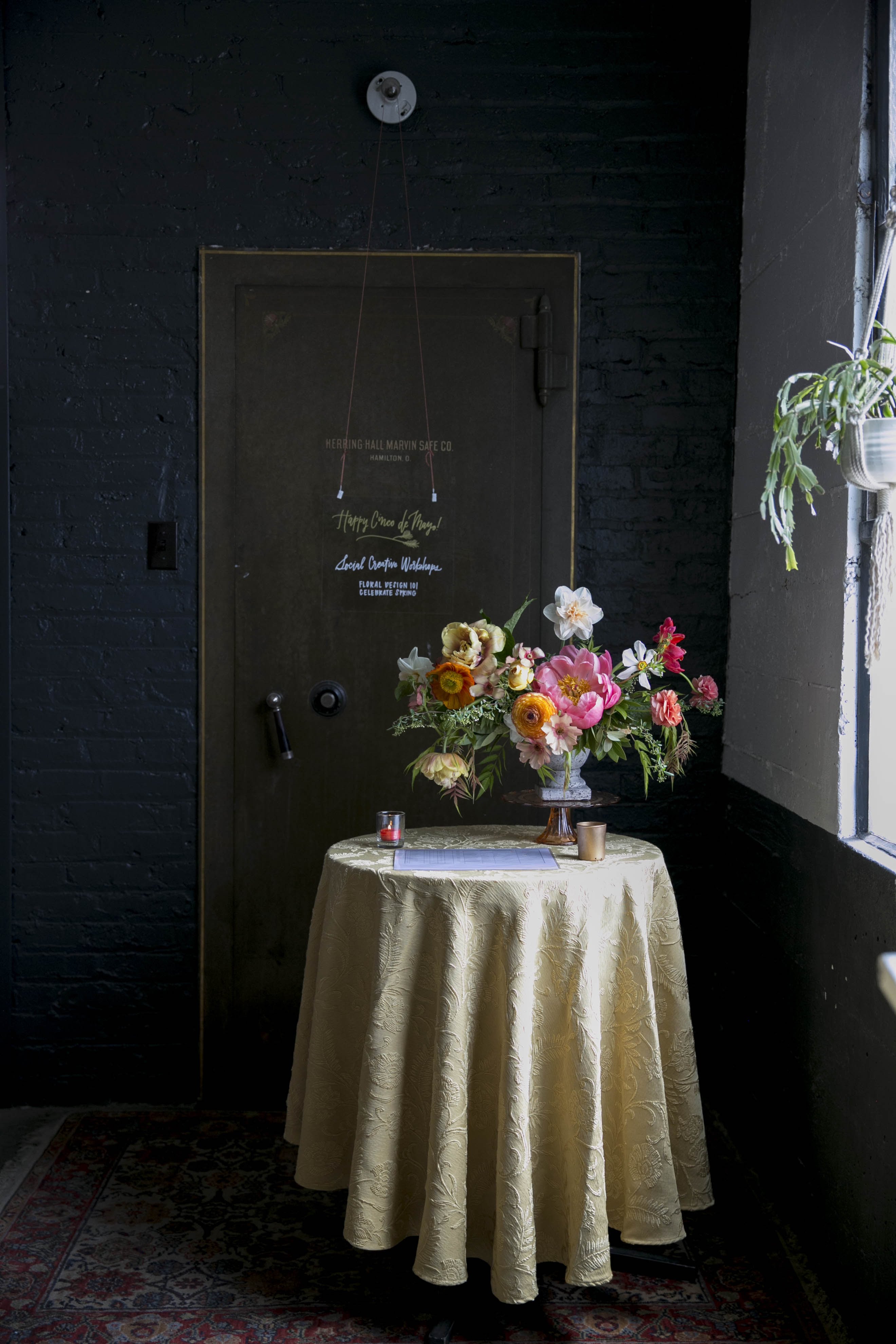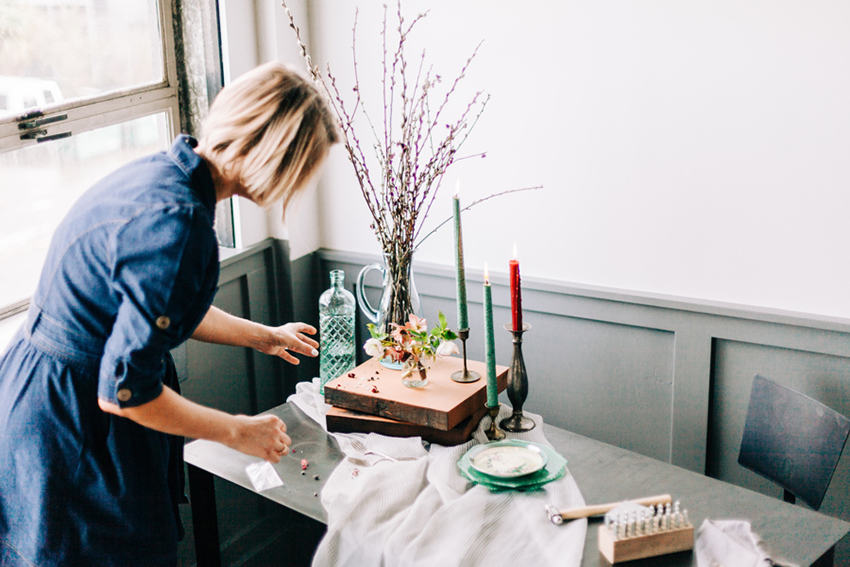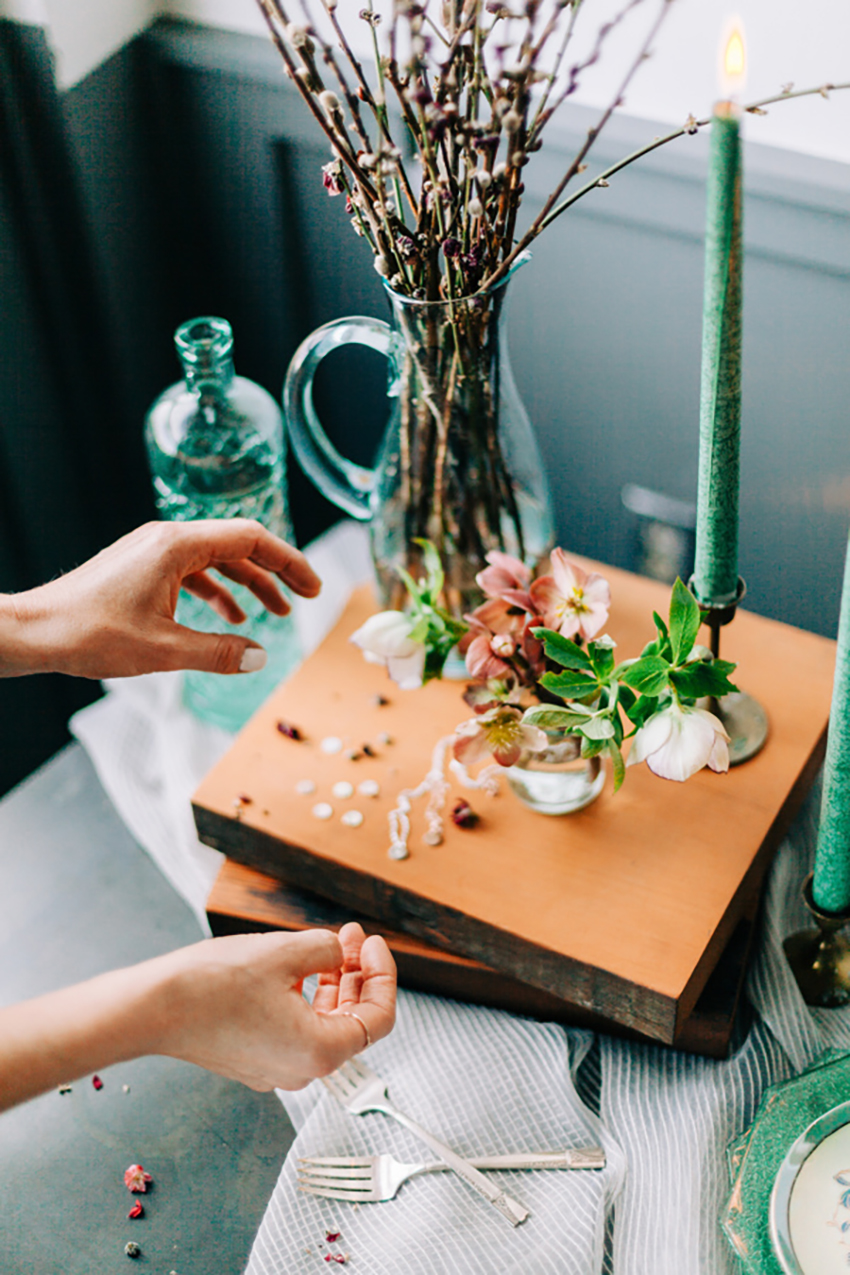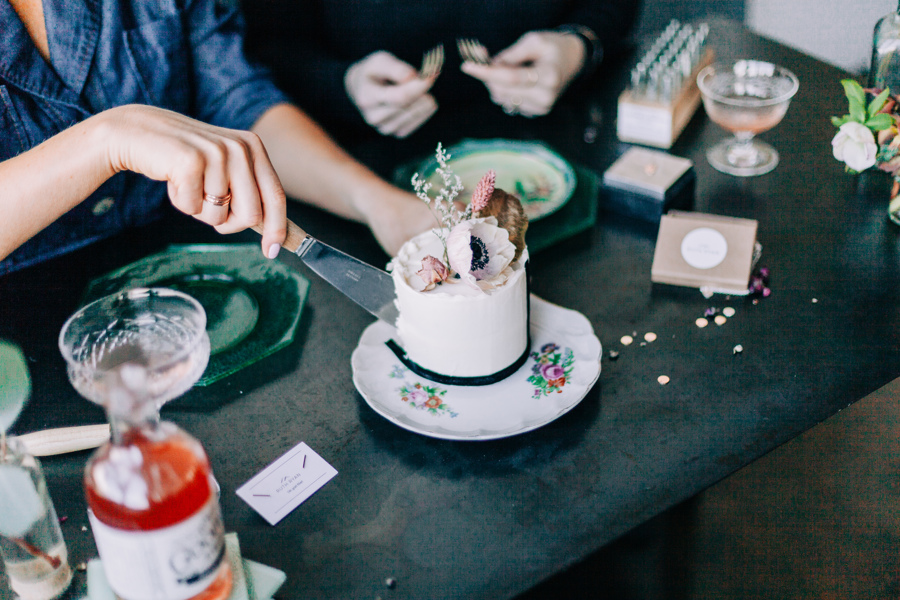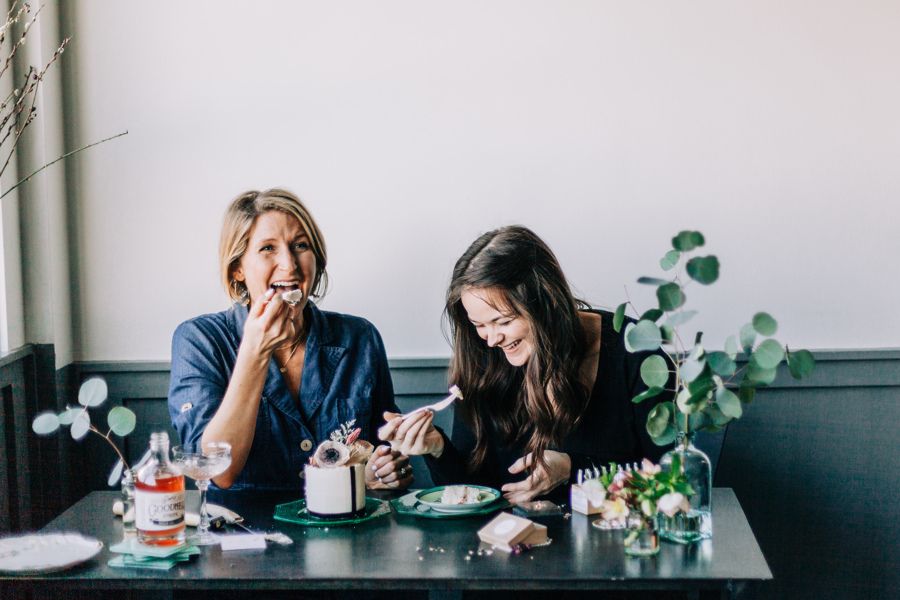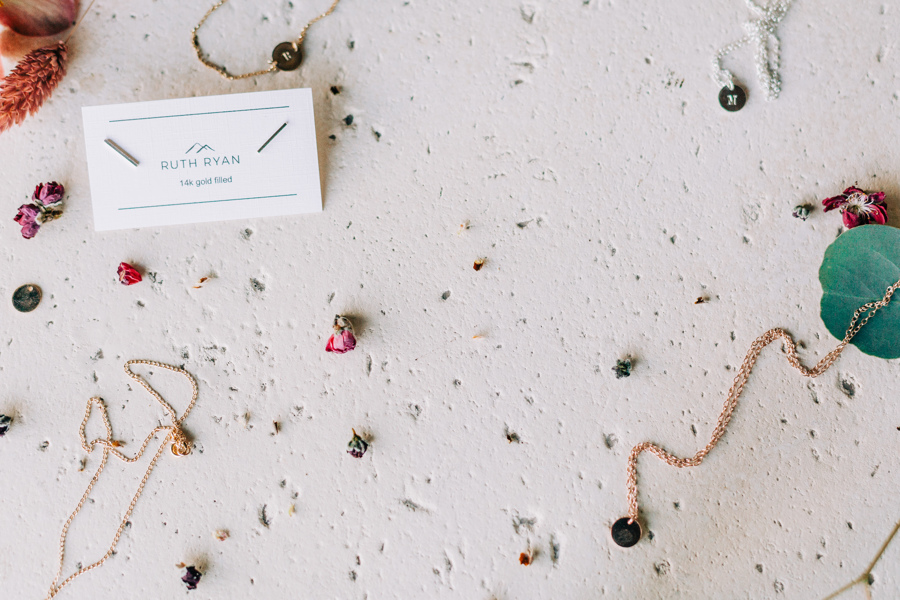Last month we came out with a blog debating the sustainability of the CBD industry. And as heavily hinted/promised, this month we have a list of 10 #ecoclubapproved CBD companies that emphasize sustainability within their business models! Each brand has its own set of priorities when it comes to sustainability (and as with all things small business, no single bran can do it *all*), but today we’re focusing on sustainable packaging, Black female owned brands, and those with an emphasis on local sourcing. Let’s get into it.
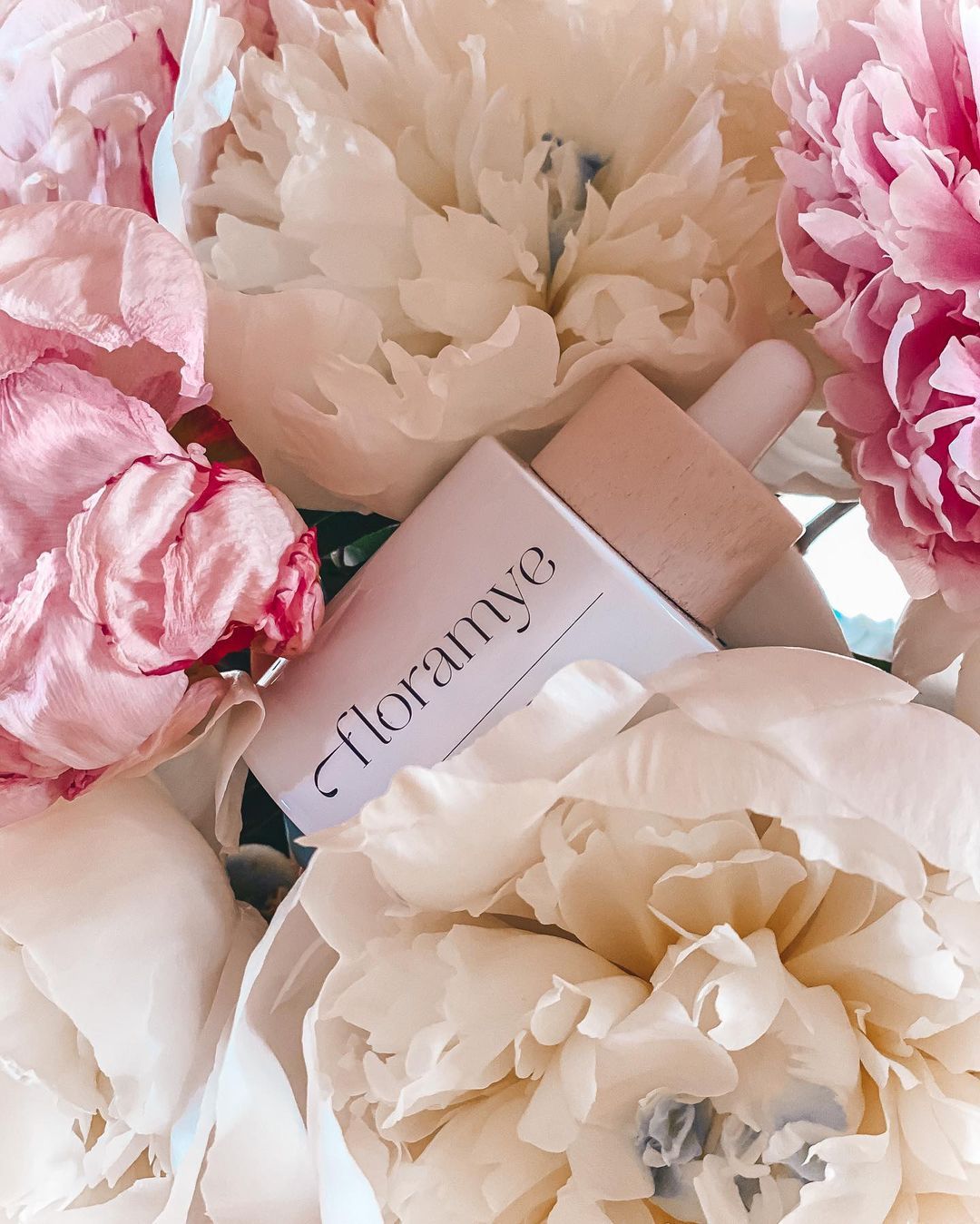
cbd brands with sustainable packaging
I’m going to be 100% with y’all—finding companies that were dedicated to and implementing sustainable packaging was unexpectedly difficult. Which is why I applaud these brands all the more for taking that extra step to reduce their impact on Mother Nature.
Floramye
First up is eco club directory member, Floramye. They were instrumental in the creation of my original blog on CBD, and base their brand mission on practicing sustainability with all their products. Floramye stresses the importance of ethical and sustainable packaging; utilizing recyclable Italian glass with wood lids, and excluding any paper products while minimizing the use of plastic.
Daughter of the Land
Founded in 2017, every aspect of member Daughter of the Land focuses on sustainability, from their organic and fair-trade food grade ingredients, to their biodegradable and fully recyclable packaging. All of Daughter of the Land’s CBD products are packaged in compostable, recyclable, or reusable containers.
Plant People
While Plant People does source its ingredients globally, they are exceptionally transparent about where each component comes from. They also avoid plastic and dyes in their packaging, using 100% recycled and 100% biodegradable cellulose tissue in their shipping cushioning.
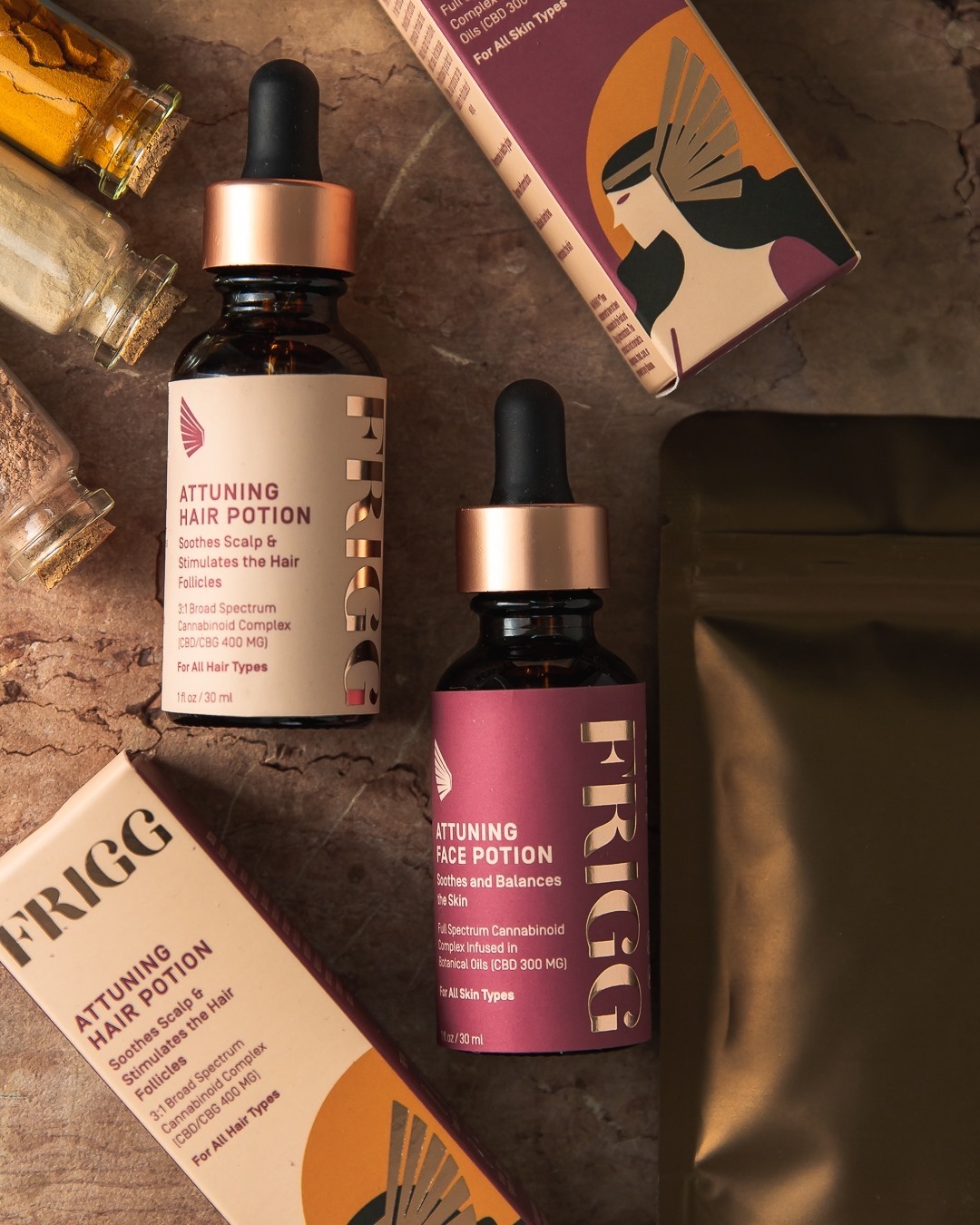
Black female-owned cbd brands
There is something especially beautiful about the Black community reclaiming an industry they have been disproportionately victimized in. These bad-ass boss babes have all shown up in different ways, but are still creating equally important impacts for their community and the environment.
Frigg
Created by the former CMO of Papa & Barkley (another CBD company), Frigg is a female-founded company. The company stresses transparency in all aspects of its business; their site provides easy access to their product philosophy, sustainable practices, and ingredients used, with blurbs about each of their benefits.
Buena Botanicals
Family-owned and founded by twin sisters, Buena Botanicals products are organic, hand-harvested, eco-responsible, and ethically grown in full sun and organic soil at a cooperative out of Colorado.
Undefined Beauty
Sh(EO) Dorian Morris founded Undefined Beauty with the intention of democratizing wellness. Undefined Beauty is sustainably sourced, cruelty-free, and accessibly priced; an element that’s hard to come by with niche commodities like CBD.
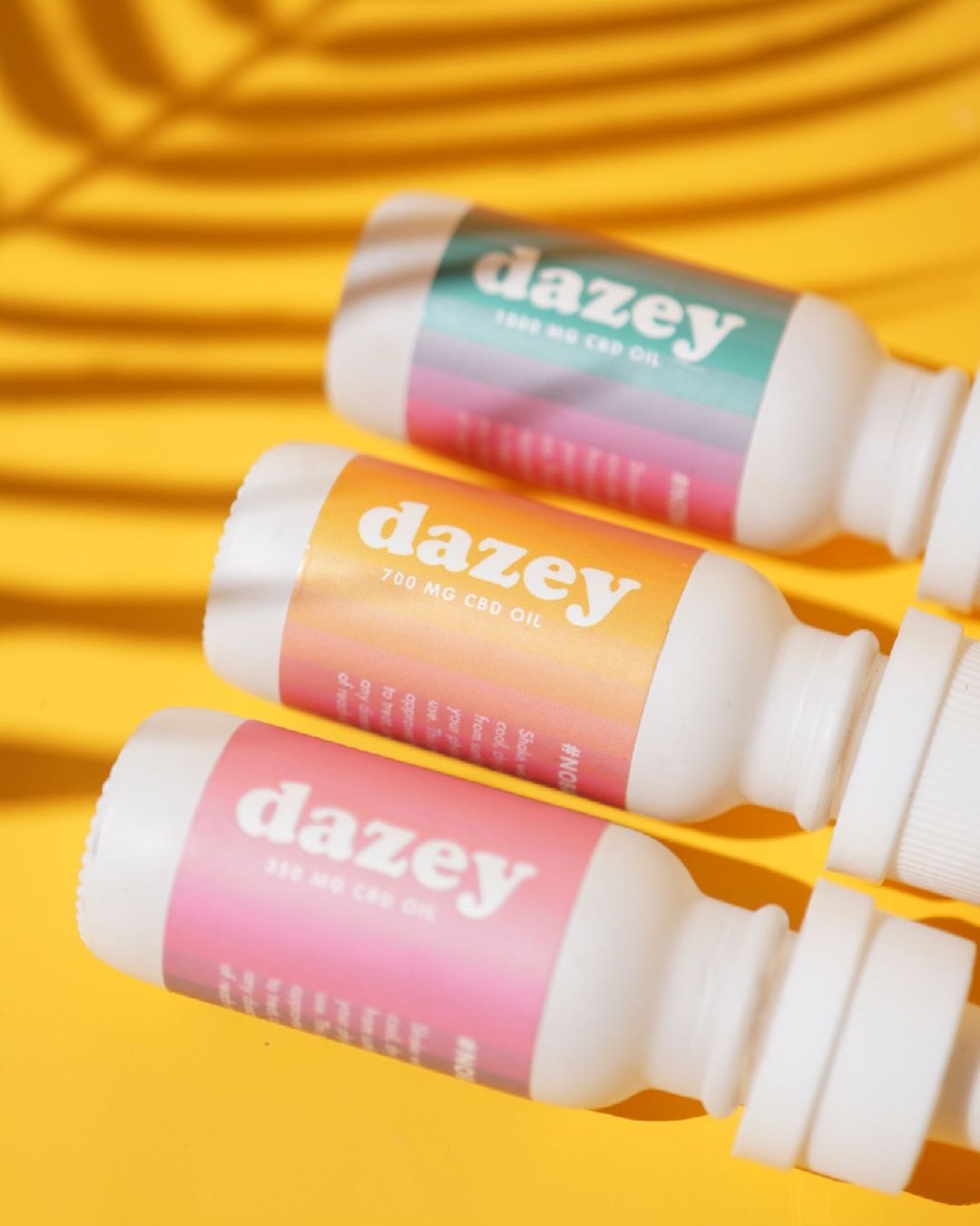
locally sourced cbd
9 times out of 10, it’s easier for US businesses to cut costs by outsourcing production to overseas factories where workers are under paid and subject to unsafe conditions. That’s why these companies—with their dedication to eco-friendly and U.S. sourced hemp—are truly changing what it means to be a sustainability-minded business.
Charlotte’s Web
Anyone who knows anything about the medicinal properties of cannabis and cannabis by-products has probably heard of Charlotte’s Web. What originally started out as a family venture to help one special needs child, has developed into a full-blown business that now grows its hemp on certified organic U.S. family farms.
Hollingsworth Hemp
This Washington-based CBD company truly emphasizes its family-owned and operated beginnings. All Hollingsworth Hemp CBD hemp is grown on their family farm in small batches and “Grandma Dorothy Approved”.
Verma Farms
Inspired by the Hawaiian islands, Verma Farms products are organic and made with pesticide free, unadulterated American-grown hemp. (P.S. they have a pet CBD line for any of you with fur children!)
Dazey CBD
Dazey CBD may be the paradigm of what locally sourced CBD should look like. As they put it on their website, “happy cows may come from California, but happy hemp comes from Oregon.” Dazey grows their CBD hemp open-air, and has the drone footage to prove it.
Hopefully, this list has given you all a few ideas if you’ve been curious about CBD brands. There’s many reasons to try and seek out sustainable brands, but first and foremost is the unavoidable reality that CBD is a consumable good. If you’re opting for a holistic health product, you probably don’t want to skimp on quality.
Let us know down below what you look for when choosing a CBD brand!

